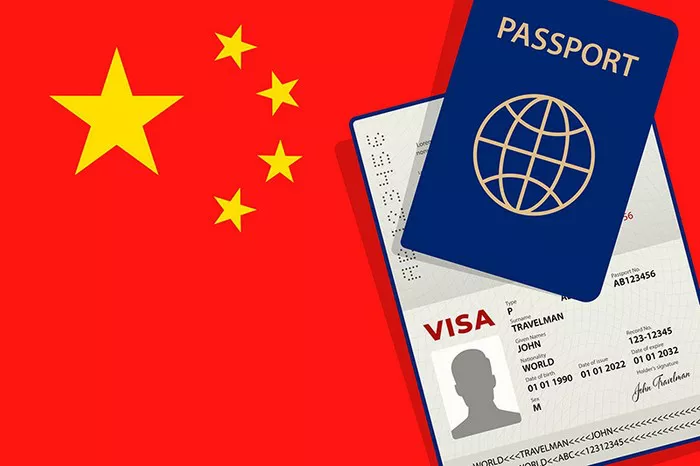Navigating the intricacies of international travel often begins with understanding visa requirements and associated costs. For those planning a journey to China, obtaining the correct visa is crucial. This guide aims to demystify the expenses involved in obtaining a China visa, providing clarity on the various types of visas available, their respective costs, and the application processes.
Types of China Visas
China offers several types of visas tailored to different purposes of visit, each with its own requirements and fees. The most common visa types include:
Tourist Visa (L Visa): This visa is issued to those entering China for tourism purposes. It is typically valid for 30 to 90 days.
Business Visa (M Visa): Designed for individuals visiting China for business-related activities, such as meetings, conferences, or trade fairs.
Work Visa (Z Visa): Necessary for individuals planning to work in China. This visa requires sponsorship from a Chinese employer and is usually the first step towards obtaining a residence permit.
Student Visa (X Visa): Issued to students enrolled in Chinese universities or educational institutions. It requires an admission letter or invitation from the institution.
Family Reunion Visa (Q Visa): For those visiting immediate family members who are Chinese citizens or permanent residents.
Transit Visa (G Visa): Allows a short stopover in China while en route to another country.
Cost Breakdown of China Visas
The cost of a China visa varies depending on the type, duration, and applicant’s nationality. Here’s a breakdown of typical costs:
Tourist Visa (L Visa): The fee for a single-entry tourist visa ranges from $30 to $140 USD, depending on nationality. Multiple-entry tourist visas cost between $45 and $150 USD.
Business Visa (M Visa): Single-entry business visas cost $55 to $140 USD, while multiple-entry visas range from $70 to $150 USD.
Work Visa (Z Visa): The fee for a work visa is approximately $140 USD, with additional costs for the residence permit application.
Student Visa (X Visa): Single-entry student visas cost around $70 USD, while multiple-entry visas are about $140 USD.
Family Reunion Visa (Q Visa): The fee for a family reunion visa is typically around $70 USD.
Transit Visa (G Visa): Transit visas are generally less expensive, with fees ranging from $30 to $140 USD.
Factors Affecting Visa Costs
Several factors influence the cost of a China visa:
Nationality: Visa fees vary based on the applicant’s nationality. Some countries have reciprocal agreements that affect visa pricing.
Number of Entries: Single-entry visas are generally cheaper than multiple-entry visas due to their limited validity period.
Processing Time: Expedited processing services may incur additional fees.
Additional Services: Optional services such as courier delivery or document authentication may add to the overall cost.
Application Process for China Visas
Applying for a China visa involves several steps:
Documentation: Gather required documents such as passport, visa application form, recent photo, and supporting documents (invitation letter, flight itinerary, hotel reservations, etc.).
Application Submission: Submit your application to the Chinese embassy, consulate, or visa center in your home country or country of residence.
Payment: Pay the visa fee, which may vary slightly based on exchange rates and local handling fees.
Processing Time: Visa processing times vary but typically range from 4 to 10 business days. Expedited services may be available at an additional cost.
Collection: Once processed, collect your visa and review its validity and conditions.
SEE ALSO: HOW MUCH DOES A NEW ZEALAND PASSPORT COST?
Tips for Smooth Visa Processing
Plan Ahead: Apply for your visa well in advance of your travel dates to account for processing times.
Complete Documentation: Ensure all required documents are accurate, complete, and up-to-date to avoid delays or rejection.
Follow Instructions: Adhere to the specific instructions provided by the Chinese embassy or consulate regarding application submission and fees.
Consult Experts: If unsure about visa requirements or application procedures, seek advice from visa agencies or legal experts specializing in Chinese visas.
Conclusion
Understanding the cost structure and application process for a China visa is essential for smooth travel planning. By familiarizing yourself with the types of visas available, associated fees, and application requirements, you can navigate the process confidently. Whether traveling for tourism, business, study, or family reasons, adequate preparation ensures a hassle-free experience when obtaining your China visa.


